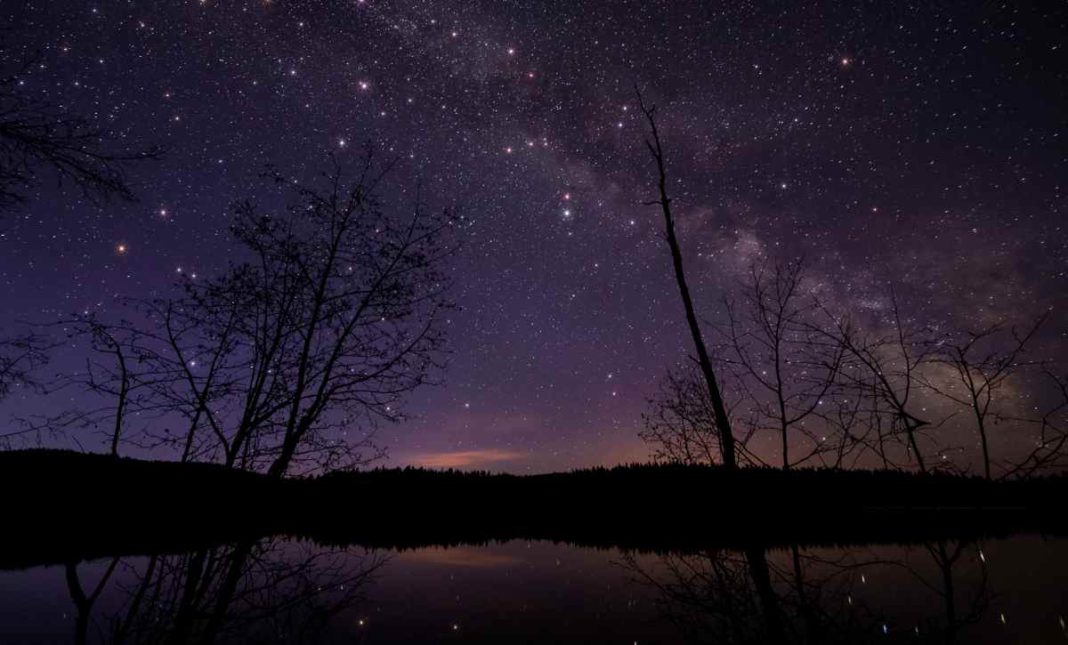CANADA: A recent study questions the dominant cosmological model, positing that the age of the universe may be nearly twice as ancient as previously thought. This discovery has shocked the scientific community.
This study, which was published in the prestigious Monthly Notices of the Royal Astronomical Society, expands our knowledge of the universe and reevaluates how we now perceive it.
The study, led by Rajendra Gupta, a distinguished physics professor at the University of Ottawa, brings attention to the long-standing “impossible early galaxy problem” that has puzzled astronomers and physicists alike for years.
According to the traditional method of dating the universe, the age has been calculated at 13.7 billion years, based on the time since the Big Bang and observations of the oldest stars’ redshift.
However, the existence of celestial anomalies, such as Methuselah stars, which seem older than the universe itself, and the discovery of early galaxies exhibiting advanced evolutionary characteristics have cast doubt on this long standing estimation.
To address these confounding challenges, Gupta introduces Zwicky’s tired light theory into the cosmological model. This theory posits that the redshift observed in distant galaxies is a result of photons gradually losing energy over vast cosmic distances.
By combining this theory with the expanding universe model, Gupta’s research offers a hybrid interpretation of redshift that more accurately aligns with the observed data.
Moreover, Gupta incorporates the concept of evolving “coupling constants,” as postulated by the renowned physicist Paul Dirac. These fundamental physical constants, governing particle interactions, are believed to change over time.
By allowing for this temporal variation, the study extends the formation timeframe for early galaxies, observed by the James Webb Space Telescope, from a few hundred million to several billion years. This novel approach offers a plausible explanation for the advanced development and substantial mass observed in these ancient galaxies.
A key aspect of the study is Gupta’s proposition to revise the traditional interpretation of the “cosmological constant,” responsible for the universe’s accelerating expansion. Instead, the scientist advocates for a constant that takes into account the evolution of coupling constants.
This modification in the cosmological model not only resolves the puzzle of small galaxy sizes observed in the early universe but also enhances the overall accuracy of cosmological observations.
The implications of this research are far-reaching, and challenge long-held assumptions about the age and evolution of the universe. As the scientific community digests and examines the findings, debates are sure to arise, leading to potential paradigm shifts in our understanding of space and the cosmos.
The study’s potential impact on astrophysics, cosmology, and our perception of the universe is undeniable. As researchers delve further into Gupta’s model and conduct further experiments to validate its claims, the scientific world eagerly awaits a new era of cosmic understanding.
It is through such groundbreaking studies that humanity advances its comprehension of the cosmos, unlocking the secrets of our existence and our place in this vast universe.
Also Read: NASA Perseverance Rover Uncovers Potential Building Blocks of Life on Mars



